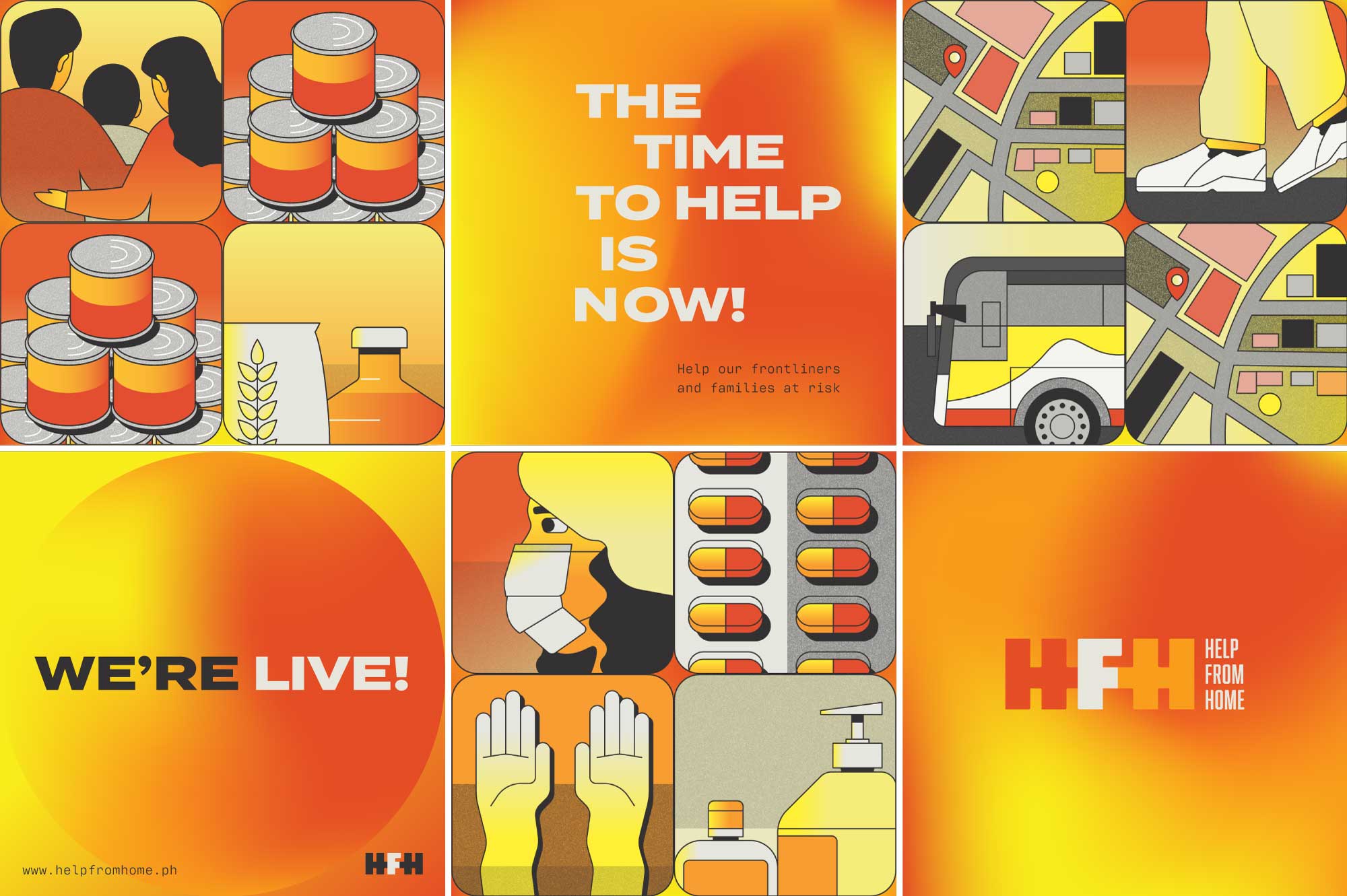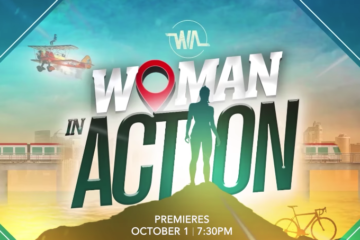Manila, Philippines — With COVID-19-related restrictions in place in most parts of the country, we content ourselves online to bring some sort of rhythm to our home-bound lives. The internet, open to whoever has access, dissolves class walls and elevates reach.
In recent weeks we have seen increased digital content churned out by the minute — trending dance crazes gripping the young and the young at heart, public officials reminding us to wash our hands and keep our distance, and the more refreshing voices from private citizens sharing creative ways to cope under the strain of staying in place.
Social media, in effect, has allowed us to contribute our own experiences to the understanding of the world even if, now on an extended enhanced community quarantine, we can’t say for certain what kind of world we will return to.
While the government and the private sector have been working at scale in giving relief to many in our society, there remains a number of people who are falling through the cracks whose stories we pick up on social media almost every day.
Help From Home was formed to address the needs of those left behind, fully demonstrating that civil society could and should play a role during these extraordinary times by mobilizing people’s kindness and generosity.
It was started by a group of young professionals who wanted to make an accessible and up-to-date COVID-19 pandemic information and social response hub. The aim is simple: to connect the various relief efforts in the country to people who need them the most — the frontliners and the families at risk.
Project execution proved to be a little more complex as coordinating such efforts and ensuring donors are adequately matched to recipients took time to verify, hundreds of volunteers were needed to ensure that key milestones were met, and donor-recipient interactions had had to be perfected.
“With the abundance of information out there, we simply wanted to streamline essential data to ensure efforts and its impact will be shared and maximized,” a volunteer from the group’s communications team said.
She added: “With everyone on self-quarantine, we had to do everything remotely and online. There were a ton of back-to-back Zoom calls which served as whiteboarding and framing discussions that set the scope for our project. Each member was responsible for a significant item on our to-do list and everyone delivered. We were all in this for the same reason, and there was trust that each would do their parts well.”
The beta version of the website was launched in late March as a list of initiatives that would let the public make more informed choices on how and where they could help.
New features have been introduced that allow the public to filter these options by location, payment options, beneficiaries, initiative types, and items needed.
A new feature is a Needs Tracker that shows the specific items that a particular hospital urgently requires. One will now be able to see which hospitals, and soon barangays, have a surplus of items and which ones are in dire need of more reinforcements.
In the coming weeks, more features will be added like status updates from specific barangays and details on the kind of help they are receiving, and what else they need.
Help From Home now counts over 300 volunteers from various professions and more than 150 verified NGOs and private sector initiatives delivering the help that communities need.
On future plans, the team’s representative said, “At the moment, we’re focused on providing information for COVID-19 efforts. However, we are happy to explore how else we can evolve and work in other capacities — with the many generous and talented volunteers we have, the options are limitless.”
Data from the website will allow us to get more bang for our donated buck and make sure that our contributions are dispensed in some of the most helpful ways possible.
It is an ingenious project, but it is just one out of many more innovative means through which we can help get our country through this crisis sooner rather than later.
Managing the pandemic is looking more like a marathon than a sprint, and our government’s resources are getting strained like never before. It is incumbent on millions of us who are stuck and safe at home to harness our potential energy and play our part.
The sooner we reach a tipping point of unleashing productive capacities from all corners of our society to fight this virus and its consequences to people’s livelihoods, the sooner we can get to a much better version of what our lives used to be before COVID.
Story featured on ABS CBN News
Words by Kara Guioguio




